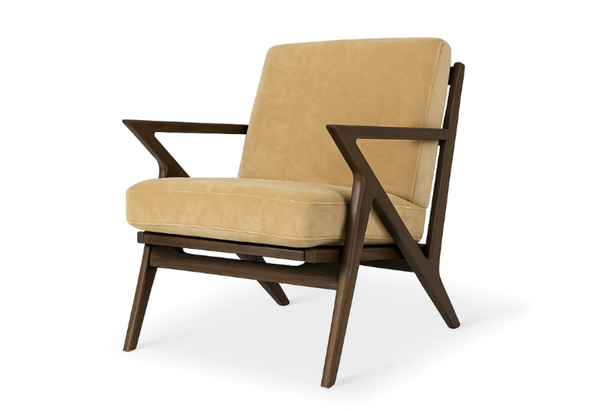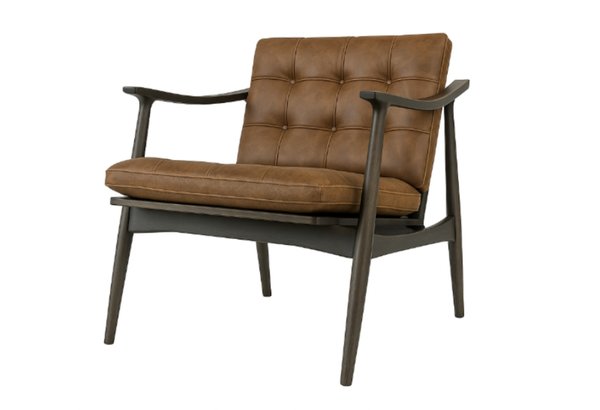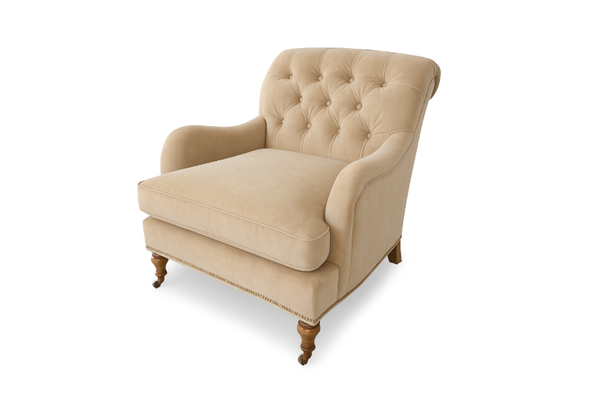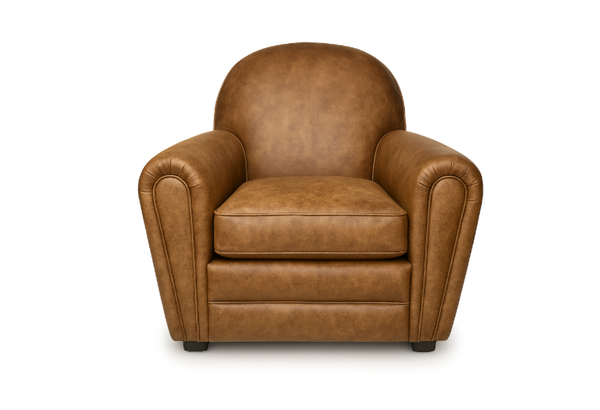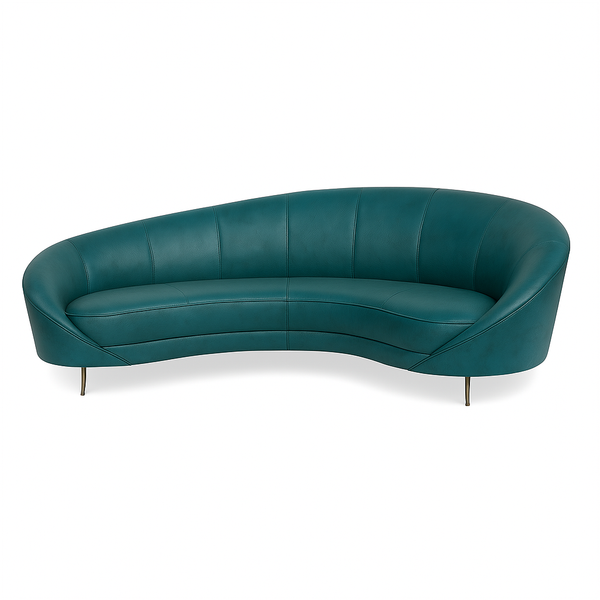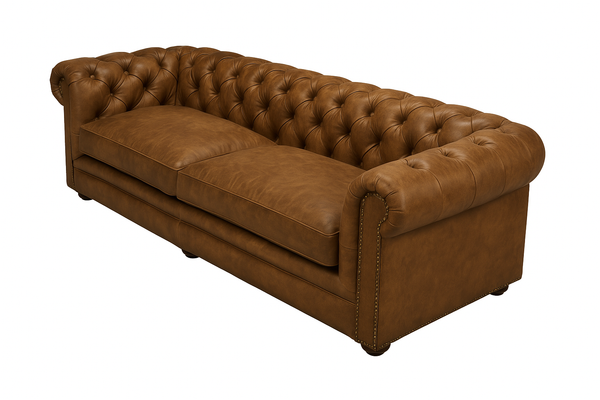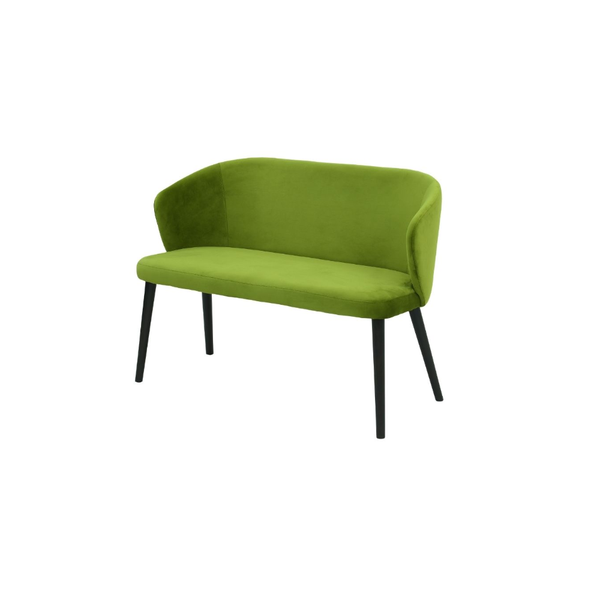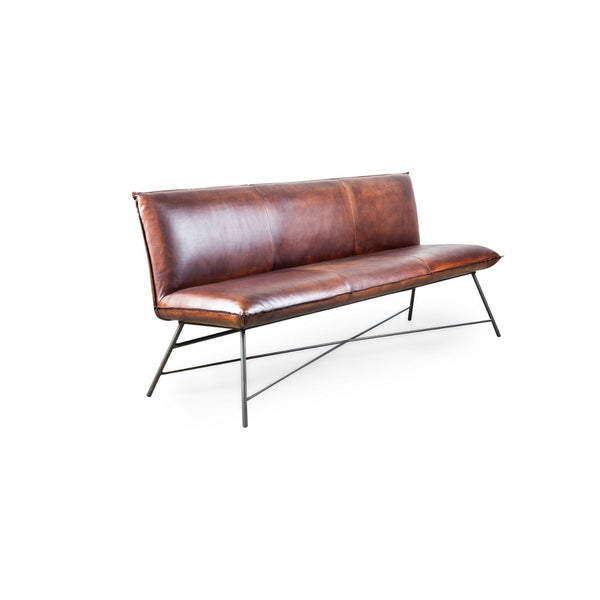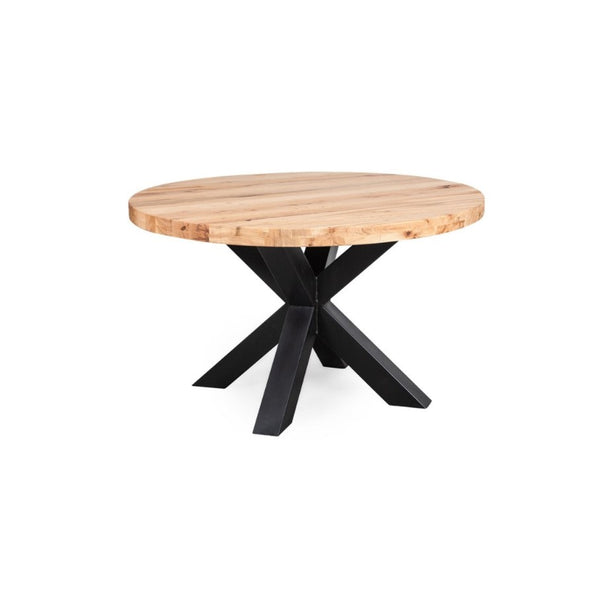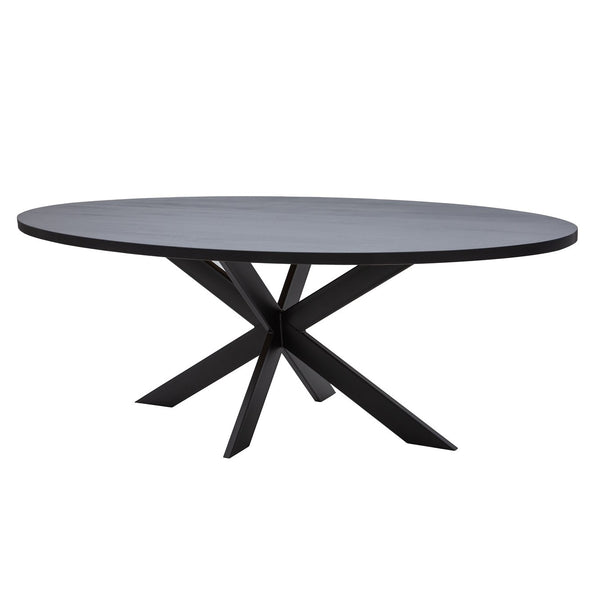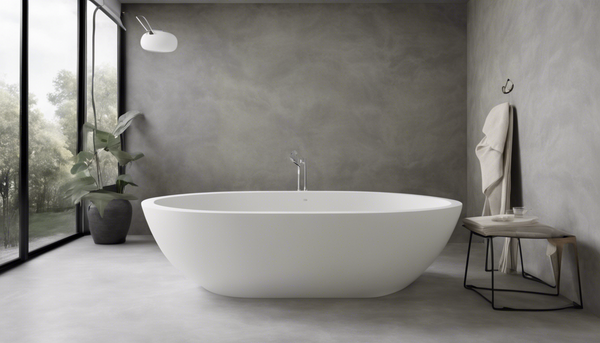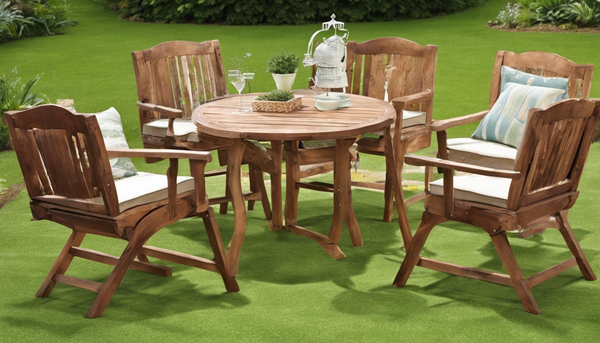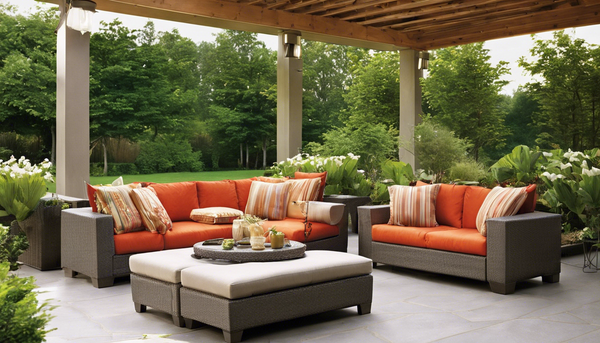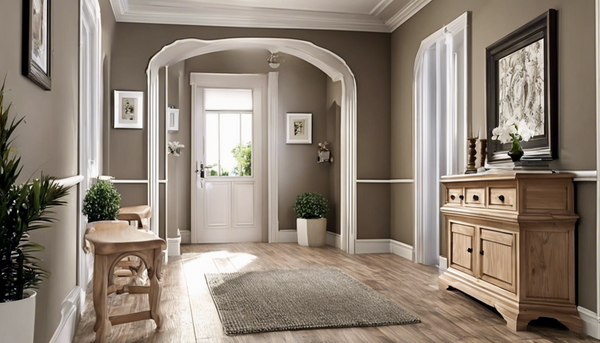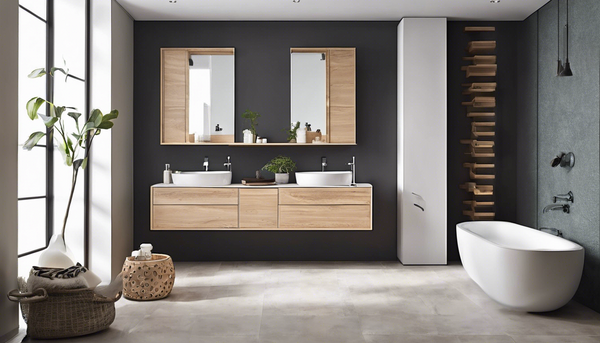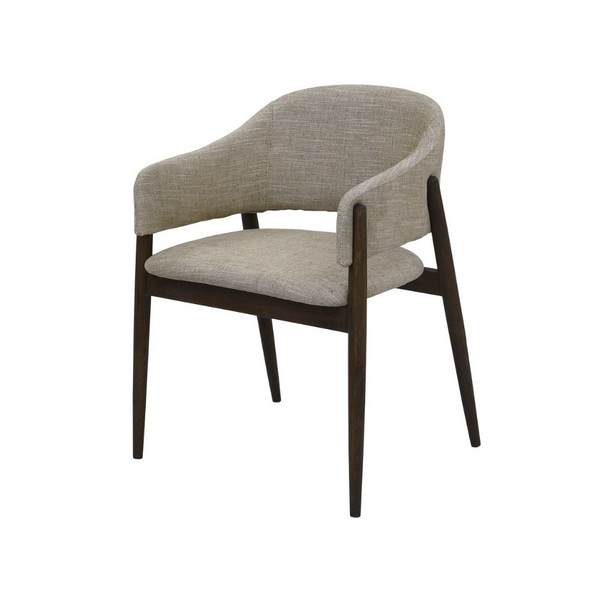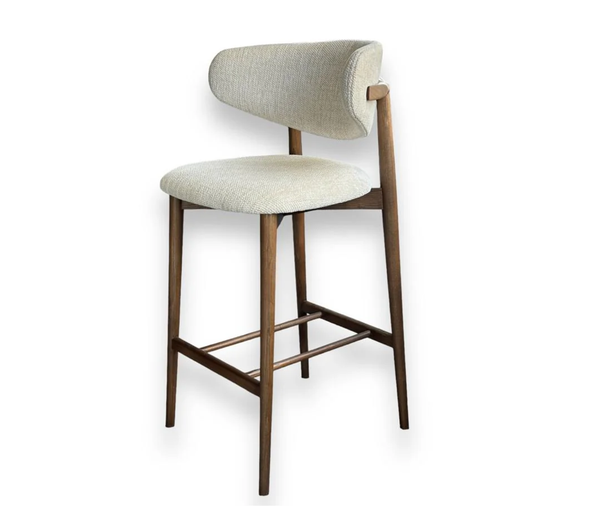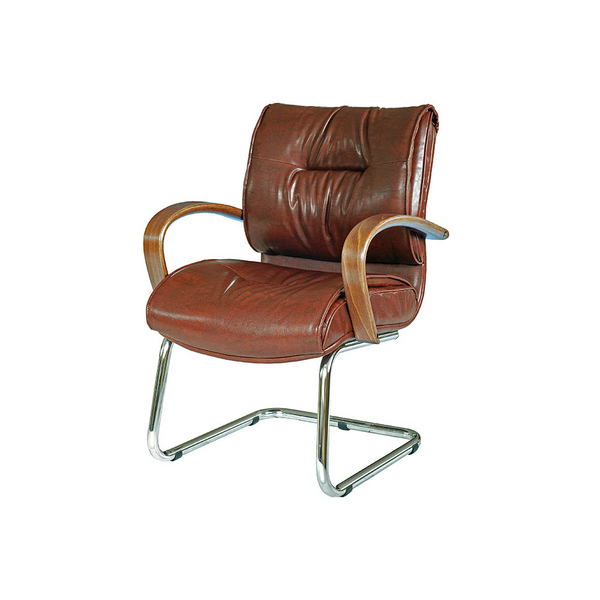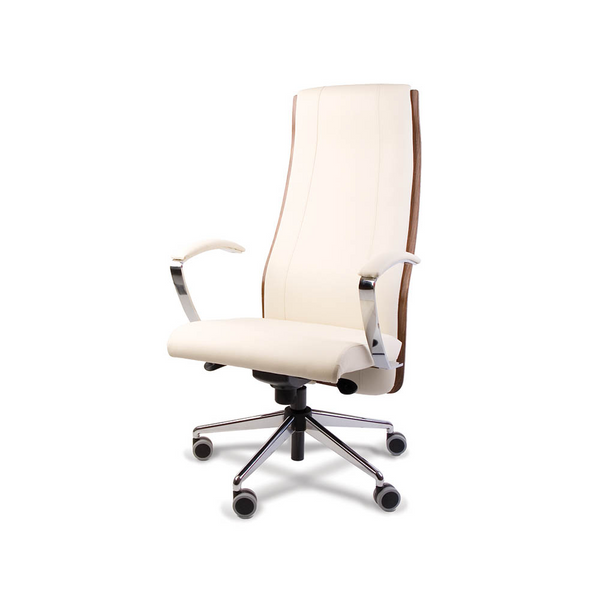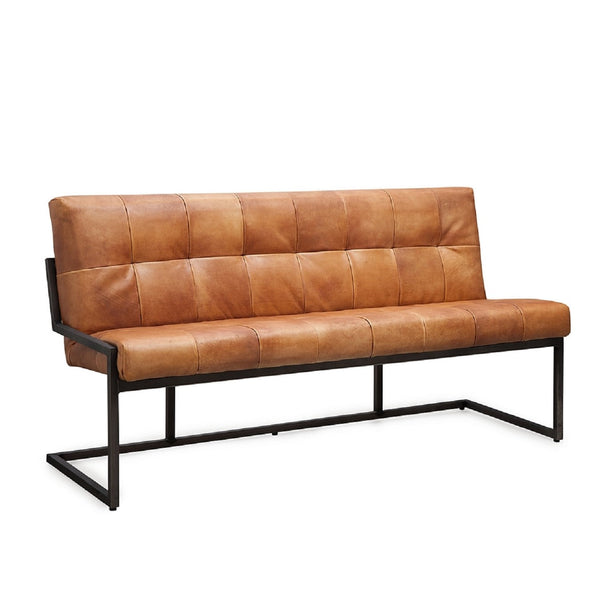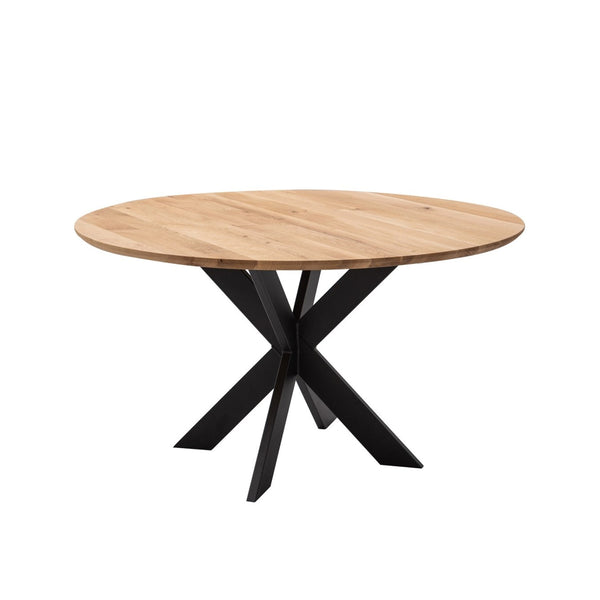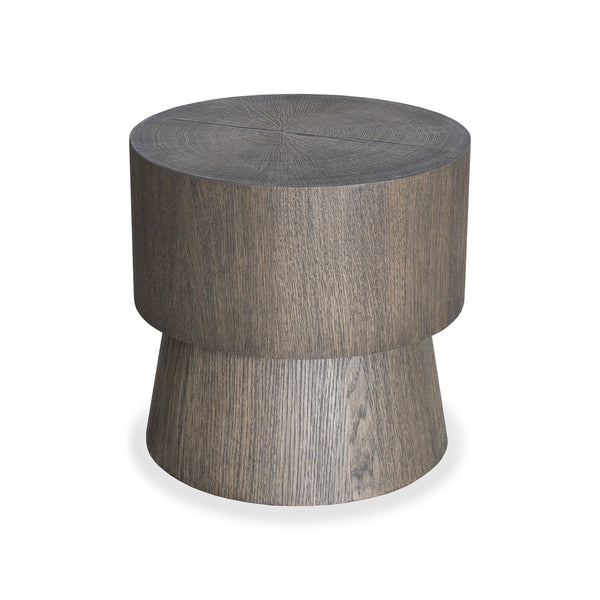Camera copilului
Amenajarea Camerei pentru 2 Copii: Ghid Complet pentru Un Spațiu Funcțional și Creativ
Amenajarea camerei pentru doi copii poate fi o provocare interesantă care necesită atenție la detalii și o planificare atentă. Indiferent dacă aveți un spațiu limitat sau camere separate, abordarea corectă poate transforma orice spațiu într-un mediu prietenos și inspirator. În acest ghid, vom explora strategii eficiente pentru a amenaja camera copiilor în funcție de tipul de locuință, vârsta, preferințele și dinamica dintre cei doi copii.

I. Amenajarea Camerei în Funcție de Tipul de Locuință
a) Spațiu Restrâns
Într-un spațiu mic, fiecare centimetru contează. Optați pentru mobilier compact și multifuncțional, precum paturi supraetajate sau paturi cu sertare integrate pentru depozitare. Folosiți rafturi montate pe pereți și plante suspendate pentru a economisi spațiu și a adăuga un strop de verdeață. Culorile deschise și oglinzile pot crea iluzia unui spațiu mai mare și mai luminos.
b) Camere Separate
Dacă aveți suficiente camere, fiecare copil poate beneficia de un spațiu personalizat. Permiteți-le să contribuie la alegerea culorilor și decorațiunilor pentru a reflecta personalitatea lor unică. Într-o astfel de configurație, este important să includeți și un spațiu comun unde copiii pot interacționa și se pot juca împreună.
c) Cameră Comună
Pentru copiii care împărtășesc aceeași cameră, creați zone distincte pentru fiecare, folosind mobilier sau draperii pentru delimitare. Astfel, fiecare copil va avea un spațiu personal, dar și unul comun pentru activități. Permiteți-le să-și personalizeze colțul cu postere sau decorațiuni preferate.

II. Amenajarea Camerei în Funcție de Vârstă
a) Copii Mici (0-3 ani)
Siguranța este crucială pentru copiii mici. Utilizați mobilier cu colțuri rotunjite și asigurați prizele electrice. Alegeți culori vii și modele atractive care stimulează simțurile. Includeți un colț de joacă sigur și un spațiu de citit cu cărți adecvate vârstei.
b) Copii în Vârstă Școlară (4-10 ani)
Pentru copiii în vârstă școlară, creați un spațiu de lucru funcțional cu un birou și un scaun confortabil. Încurajați creativitatea prin afișarea desenelor și lucrărilor lor. Asigurați-vă că există suficiente soluții de depozitare pentru jucării și cărți, pentru a menține ordinea în cameră.
c) Adolescenți (11+ ani)
Adolescenții au nevoie de mai multă intimitate și spațiu personal. Asigurați-le un pat confortabil și un spațiu de relaxare. Permiteți-le să își aleagă mobilierul și decorațiunile pentru a reflecta gusturile lor personale. Nu uitați să includeți un spațiu de studiu bine iluminat pentru activitățile școlare și hobby-uri.

III. Amenajarea Camerei în Funcție de Preferințele Copiilor
a) Interese și Hobby-uri
Integrați interesele copiilor în designul camerei. Dacă sunt pasionați de artă, includeți un colț de desen sau pictură. Pentru cei interesați de sporturi, adăugați elemente tematice sau un mic teren de joacă. Reflectarea intereselor lor în decorul camerei îi va motiva și îi va face să se simtă apreciați.
b) Spații de Joacă și Lectură
Creați zone separate pentru joacă și lectură. Un colț de joacă cu jucării sau mașinuțe și o mică bibliotecă cu cărți pot stimula dezvoltarea imaginației și a abilităților cognitive. Asigurați-vă că aceste zone sunt dotate cu mobilier confortabil și iluminare adecvată.
c) Culori și Tematici Preferate
Permiteți copiilor să participe la alegerea culorilor și tematicilor. Dacă un copil iubește animalele, o temă de safari poate fi ideală. Pentru pasionații de spațiu cosmic, decorațiunile cu stele și planete vor aduce un strop de magie în cameră. Personalizarea spațiului îi va face să se simtă acasă.
d) Spațiu pentru Socializare
Includeți un spațiu dedicat socializării, precum un colț de relaxare cu perne și scaune confortabile. Dacă spațiul permite, creați o zonă de joacă în aer liber pentru interacțiuni sociale și distracție în aer liber.

IV. Gestionarea Spațiului și Organizarea
a) Depozitare Inteligentă
Optați pentru mobilier cu spații de depozitare integrate, precum paturi cu sertare și noptiere cu rafturi. Folosiți cutii și coșuri pentru organizarea jucăriilor și accesoriilor.
b) Sistem de Etichetare
Etichetați cutiile și rafturile pentru a facilita identificarea obiectelor. Aceasta îi va ajuta pe copii să-și organizeze mai bine lucrurile și să învețe să-și păstreze camera ordonată.
c) Utilizarea Verticală a Spațiului
Instalați rafturi suplimentare și sisteme de suspendare pe pereți pentru a economisi spațiu pe podea și a crea un aspect ordonat.

V. Amenajarea Camerei în Funcție de Dinamica Dintre Cei Doi Copii
a) Zonă Comună de Joc
Creați o zonă comună de joc unde cei doi copii se pot aduna și se pot juca împreună. Includeți jocuri de masă sau puzzle-uri pentru a încuraja colaborarea și distracția comună.
b) Zone Individuale
Asigurați fiecare copil cu un spațiu personal unde se pot retrage. Aceste zone pot include un birou sau un colț de citit liniștit, personalizat în funcție de gusturile fiecăruia.
c) Soluții de Compartimentare
Utilizați soluții de compartimentare, precum separatoare mobile sau biblioteci mari, pentru a oferi intimitate fiecărui copil și a reduce conflictele.
d) Respectarea Spațiului Celuilalt
Stabiliți reguli clare pentru respectarea spațiului și lucrurilor celuilalt. Promovați cooperarea și comunicarea pentru a preveni conflictele și a învăța copiii să se respecte reciproc.

VI. Flexibilitate și Adaptabilitate
Pe măsură ce copiii cresc, nevoile și preferințele lor se schimbă. Fiți pregătiți să adaptați amenajarea camerei pentru a reflecta aceste schimbări. Implicați copiii în procesul de luare a deciziilor și ascultați-le feedback-ul pentru a menține un mediu care să le satisfacă nevoile pe parcursul diferitelor etape ale dezvoltării lor.

VII. Amenajarea Camerei în Funcție de Gen
a) Culori și Tematici
Puteți lua în considerare culorile și tematicile tradiționale asociate cu genul, dar este important să respectați preferințele individuale ale fiecărui copil. Asigurați-vă că spațiul este echilibrat și reflectă interesele și personalitatea fiecăruia.
b) Interese și Hobby-uri
Alegeți decorațiuni și mobilier care se potrivesc cu interesele specifice ale fiecărui copil, indiferent de gen. Încurajați explorarea diverselor activități și interese.
c) Mobilier și Decorațiuni
Selectați mobilier și decorațiuni care să corespundă stilului și preferințelor fiecărui copil, având în vedere atât aspectul estetic, cât și funcționalitatea.
d) Promovarea Egalității de Gen
Încurajați copiii să exploreze și să se implice într-o varietate de activități și interese, fără a fi influențați de stereotipuri de gen. Asigurați-vă că spațiul reflectă valori de egalitate și diversitate.
Amenajarea camerei pentru doi copii este o oportunitate de a crea un spațiu personalizat, confortabil și funcțional. Luând în considerare tipul de locuință, vârsta, preferințele și dinamica dintre copii, puteți crea un mediu armonios care să sprijine dezvoltarea și bunăstarea lor. Implicarea copiilor în procesul de amenajare le va oferi un sentiment de apartenență și va transforma camera într-un loc în care se vor simți cu adevărat acasă.
Amenajarea Camerei pentru Fetițe: Idei Fermecătoare pentru Crearea unui Spațiu de Vis
Camera fetiței este locul unde micuța ta petrece mult timp, astfel că amenajarea acesteia trebuie să reflecte personalitatea și visele ei. Fie că preferi un decor plin de culoare sau unul mai calm și romantic, există multe idei de amenajare care pot transforma spațiul într-un colț magic. În acest articol, vom explora cele mai frumoase și inspiratoare idei pentru amenajarea camerei fetiței tale.
1. Alege o Temă Magică
Pentru a crea un spațiu fermecător, începe prin alegerea unei teme care să captiva imaginația fetiței tale. Temele populare includ:
- Povești cu Zâne: Folosește tapet cu modele de zâne și adaugă accesorii strălucitoare.
- Prințese Disney: Decorează cu imagini și culori asociate cu prințesele preferate.
- Lumea Subacvatică: Adaugă decoruri inspirate de mare și ocean.
- Spațiu Cosmic: Creează un decor care să imite galaxia și stelele.
2. Culoare și Tapet: Fundamentele Atmosferei
Culorile alegi vor influența atmosfera camerei. Optează pentru:
- Culori Pastelate: Roz, lila, albastru deschis sau verde mentă pentru o atmosferă calmă și feminină.
- Tapet cu Motive Delicate: Flori, steluțe sau personaje de poveste pentru un plus de farmec.
3. Mobilierul Ideal pentru Spațiul Ei
Alegerea mobilierului este crucială. Consideră:
- Paturi Tematice: Paturi în formă de căsuță sau cu detalii care se potrivesc temei aleasă.
- Mobilier Funcțional: Carioci cu sertare pentru depozitare și mese mici pentru activități creative.
- Colțuri de Joacă: Include un spațiu dedicat jocurilor, cu mobilier adaptat vârstei.
4. Iluminatul Magic: Crearea Atmosferei Perfecte
Iluminatul poate schimba complet atmosfera:
- Lampă de Veghe: În formă de stea sau zână pentru o lumină caldă.
- Luminițe Colorate: Pe pereți sau în jurul patului pentru un efect magic și romantic.
5. Decorațiuni și Accesorii: Detaliile Care Fac Diferența
Detaliile sunt cele care aduc viață camerei:
- Perne și Cortine: Perne moi cu forme amuzante și perdele vaporoase.
- Tablouri și Decorațiuni Handmade: Reflecție a pasiunilor fetiței tale.
6. Spațiu pentru Joacă și Lectură
Încurajează explorarea și relaxarea:
- Colț de Joacă: O căsuță de jucărie sau un spațiu cu perne și pături.
- Colț de Lectură: O bibliotecă mică și un loc confortabil pentru citit.
7. Organizare Inteligentă pentru Menținerea Ordinii
Menține camera organizată și funcțională:
- Soluții de Depozitare: Cutii colorate și rafturi pentru jucării și accesorii.
- Mobilier cu Spațiu de Depozitare: Paturi cu sertare și dulapuri integrate.
8. Implicarea Fetiței în Procesul de Amenajare
Ascultă preferințele și ideile micuței tale:
- Personalizare: Permite-i să aleagă culorile și decorațiunile, astfel încât camera să devină un spațiu cu adevărat personalizat.
Amenajarea Camerei în Funcție de Tipul Locuinței
Apartament Mic sau Cameră Împărțită
- Paturi Supraetajate: Optimizează spațiul cu paturi care economisesc locul.
- Mobilier Modular: Optează pentru piese care au funcții multiple și economisesc spațiu.
- Culori Luminoase: Folosește culori deschise pentru a crea iluzia de spațiu mai mare.
Casă cu Mai Multe Camere
- Spațiu Exclusiv: Dedica o cameră întreagă pentru fetița ta.
- Colțuri Speciale: Creează un spațiu de lectură sau un loc de joacă extins.
- Mobilier Complex: Utilizează piese mai mari și mai elaborate pentru un spațiu dedicat.
Mansardă sau Pod
- Profită de Elemente Arhitecturale: Așează patul sub fereastra înclinată și folosește culori calde pentru a aduce lumină în spațiu.
- Mobilier Simplu: Alege piese cu linii simple pentru a se potrivi cu înălțimea tavanului.
Spațiu Comun pentru Frați și Surori
- Zone Separate: Creează colțuri distincte pentru fiecare copil.
- Decorațiuni și Culori Diverse: Permite fiecărui copil să își exprime personalitatea.
- Spații Comune: Include zone de joacă și studiu care să fie utilizate împreună.
Amenajarea Camerei în Funcție de Vârstă
Bebeluș (0-2 ani)
- Culori Calmante: Roz pastel sau albastru deschis.
- Mobilier Sigur: Fără colțuri ascuțite și cu spații de depozitare bine organizate.
Copil Mic (3-6 ani)
- Culori Vibrante: Optați pentru tonuri mai vii și mobilier adaptat vârstei.
- Spațiu de Joacă: Sertare și cutii pentru organizarea jucăriilor.
Copil Preșcolar și Școlar Mic (6-10 ani)
- Spațiu de Studiu: Masă și scaun ergonomice, cu un colț de citit confortabil.
- Organizare: Panou magnetic sau tablă albă pentru notițe.
Copil Preadolescent și Adolescent (10+ ani)
- Spațiu Personalizat: Mobilier versatil și culori mature.
- Colț de Lucru Eficient: Birou și iluminare adecvată pentru studiu.
Amenajarea camerei fetiței tale poate fi o experiență plină de creativitate și satisfacție. Cu atenție la detalii și personalizare, poți transforma camera într-un loc de poveste care să reflecte visurile și personalitatea micuței tale. Indiferent de dimensiunea spațiului sau etapa vârstei, planificarea atentă și implicarea fetiței în procesul de decorare vor face ca spațiul să fie unul cu adevărat magic.
Ghidul Complet pentru Amenajarea Camerei Copiilor: Idei Creative pentru Fete și Baieti
Amenajarea camerei copiilor este o oportunitate excelentă de a combina funcționalitatea cu creativitatea, creând un spațiu care să fie atât confortabil, cât și captivant pentru micuțul tău. Indiferent dacă amenajezi o cameră pentru o fetiță și un băiat care împărtășesc spațiul sau pentru copii care au camere separate, este esențial să alegi un design care să reflecte personalitatea și interesele lor. În acest ghid, îți oferim peste 60 de idei inspiraționale pentru a transforma camera copiilor într-un loc magic și funcțional.
Amenajarea Camerei pentru Fete: Idei Creative și Vesele
-
Temă Prințesă
Transformă camera într-un regat de vis cu nuanțe pastelate, draperii moi și decorațiuni inspirate de prințese. -
Grădină Fermecată
Adaugă flori, fluturi și elemente magice prin tapet și accesorii pentru a crea un colț fermecat al naturii. -
Spațiu Cosmic
Folosește nuanțe de albastru și auriu și decorațiuni cu stele și planete pentru a aduce universul mai aproape. -
Temă Animale de Companie
Încorporează decoruri cu animale dragalase și poze cu pisici și câini pentru a reflecta iubirea față de animalele de companie. -
Îngeri și Zâne
Creează o atmosferă de poveste cu decorațiuni ce evocă imagini de îngeri și zâne și nori pufoși. -
Spațiu de Joacă și Învățare
Amenajează un colț pentru activități educative, cu birou, tablă și cărți colorate pentru stimularea creativității. -
Temă Marină
Utilizează elemente precum scoici, vapoare și peștișori pentru a aduce atmosfera oceanică în cameră. -
Grădină Zoologică
Creează un mediu sălbatic cu animale de pluș, tablouri cu fauna sălbatică și plante verzi. -
Temă Sportivă
Dacă micuța ta este pasionată de sport, optează pentru culorile echipei favorite și decorațiuni cu mingi și trofee. -
Atelier de Creație
Amenajează un spațiu creativ cu birou, panou de afișaj și organizatoare pentru materialele de lucru.
Amenajarea Camerei pentru Baieti: Idei Energetice și Aventura
-
Temă Nautică
Creează o cameră inspirată de mare cu nuanțe de albastru, alb și roșu, completată cu decorațiuni maritime. -
Supereroi
Decorează cu postere și stickere cu supereroi preferați pentru a aduce lumea supereroilor în camera copilului. -
Spațiu Intergalactic
Folosește decoruri cu rachete, nave spațiale și stele pentru a construi o atmosferă cosmică. -
Temă Safari
Adaugă elemente cu animale sălbatice și utilizează nuanțe de maro și verde pentru un ambient safari. -
Lumea Piraților
Transformă camera într-o insulă de aventuri cu postere cu pirați, comori și hărți. -
Mașini și Curse
Utilizează mașinuțe, postere cu curse și elemente de motorsport pentru a înfrumuseța camera micuțului tău. -
Temă Aviație
Adaugă decoruri cu avioane și nori, folosind culori precum albastru și alb pentru a evoca cerul. -
Spital pentru Jucării
Amenajează un colț dedicat jucăriilor medicale, cu păpuși și o trusă de doctor pentru jocuri imaginativ. -
Temă Junglă
Utilizează tapet cu palmieri, plante verzi și animale sălbatice pentru a aduce jungla în camera copilului. -
Bucătărie de Jucărie
Dacă micuțul tău iubește să gătească, creează o bucătărie de jucărie cu ustensile și mâncăruri de jucărie.
Aspecte Esențiale în Amenajarea Camerei de Copii
-
Siguranța este Prioritară
Asigură-te că mobilierul este stabil și că nu există obiecte periculoase la îndemâna copilului. -
Spații de Depozitare
Creează soluții de depozitare pentru jucării și alte obiecte, menținând camera ordonată și ușor de curățat. -
Mobilier Confortabil și Durabil
Alege mobilier adaptat vârstei copilului, care să fie confortabil și rezistent. -
Culori Vesele și Luminoase
Folosește culori care să creeze o atmosferă optimistă și prietenoasă. -
Implică Copilul
Permite copilului să participe la procesul de amenajare pentru a-i reflecta preferințele și a-l face să se simtă parte din proiect.
Amenajarea camerei copiilor este o aventură creativă care permite personalizarea unui spațiu special pentru cei mici. Folosește aceste idei ca punct de plecare și adaptează-le pentru a crea un loc unic, sigur și inspirant, care să reflecte personalitatea și interesele copilului tău. Fie că alegi teme fantastice sau soluții funcționale, îți dorim mult succes în transformarea camerei într-un loc plin de magie și bucurie!

